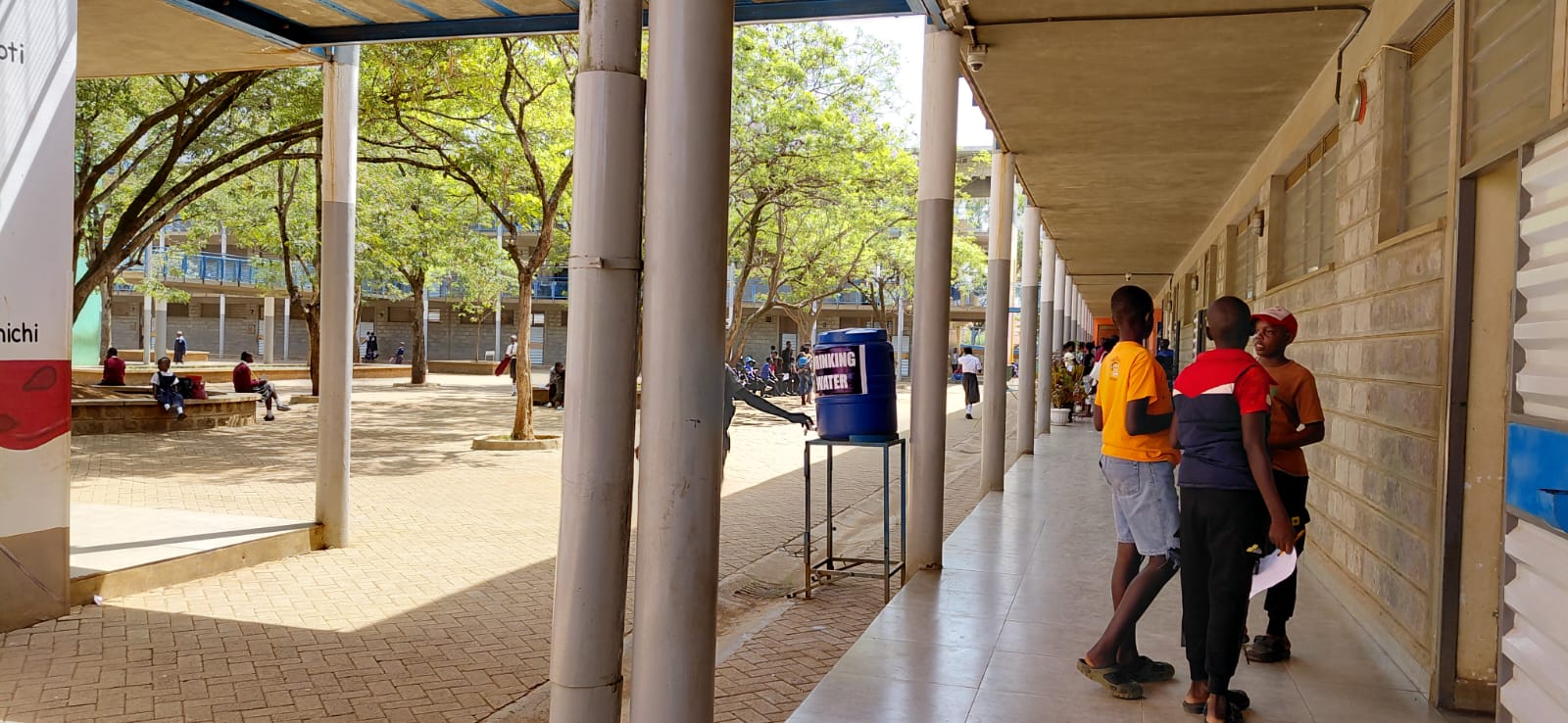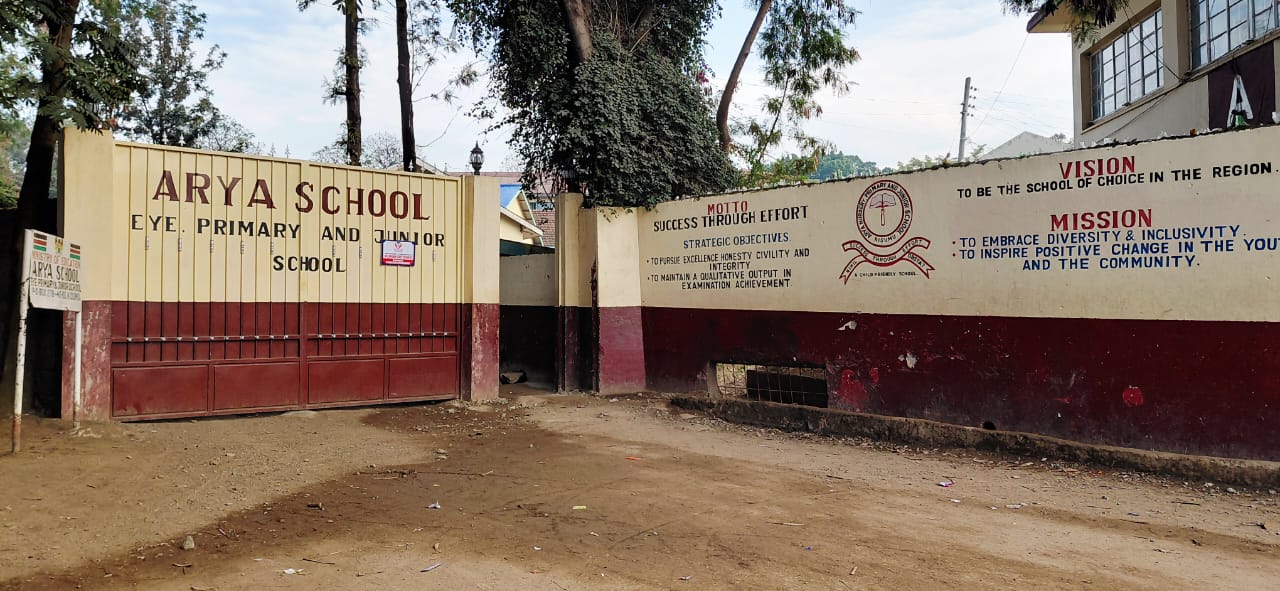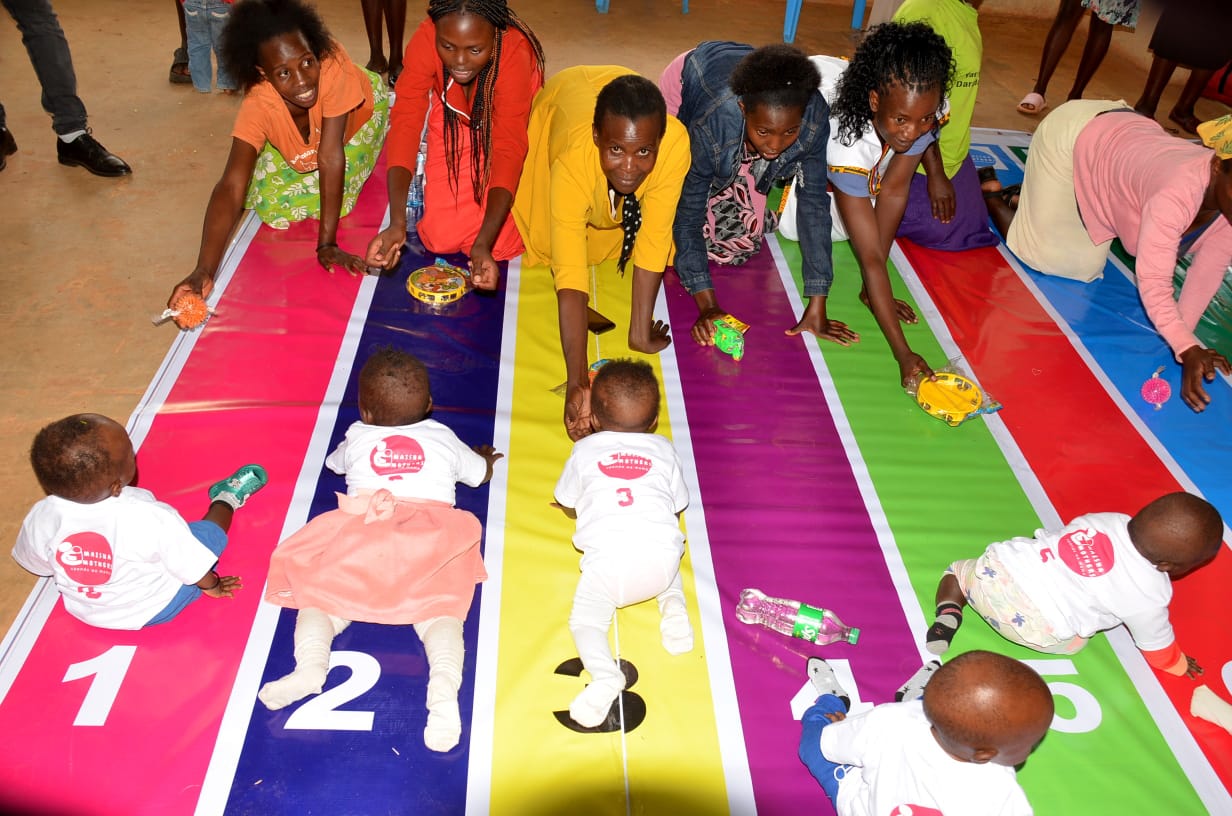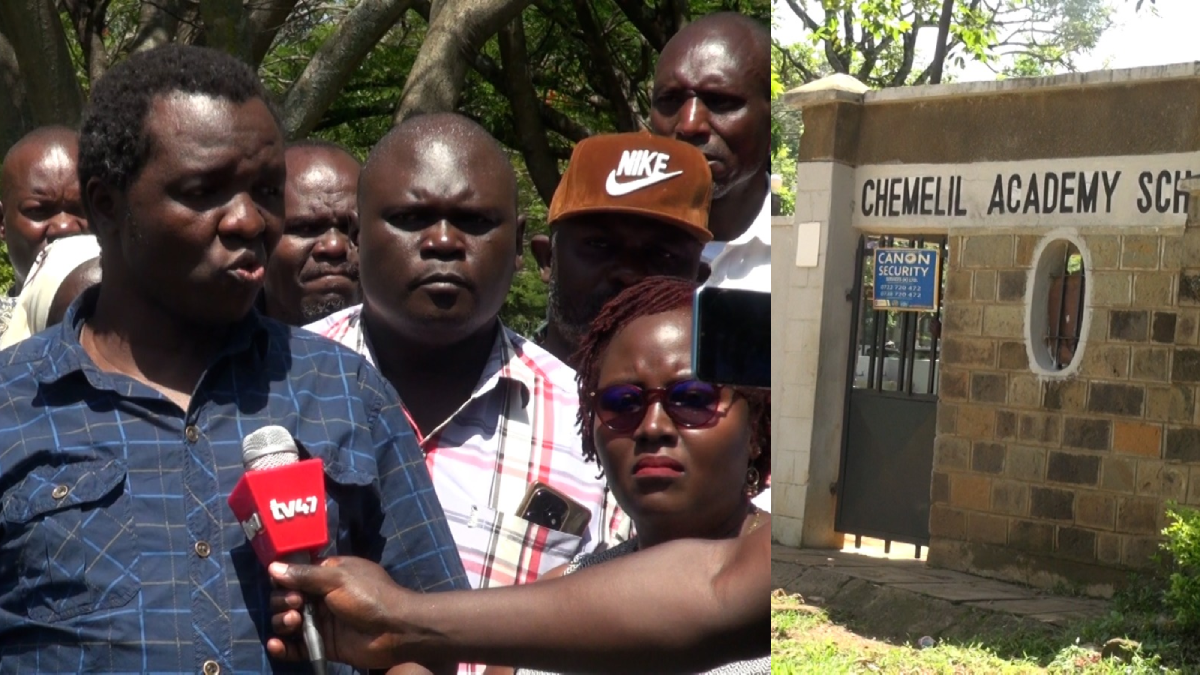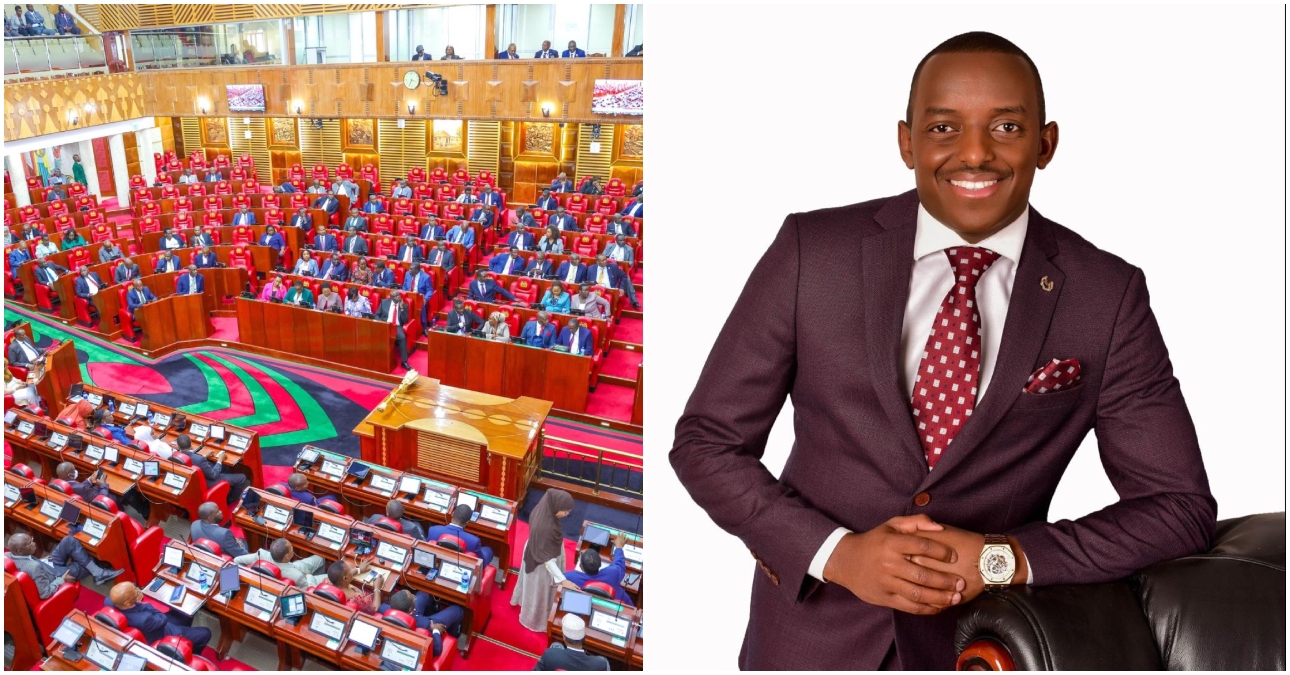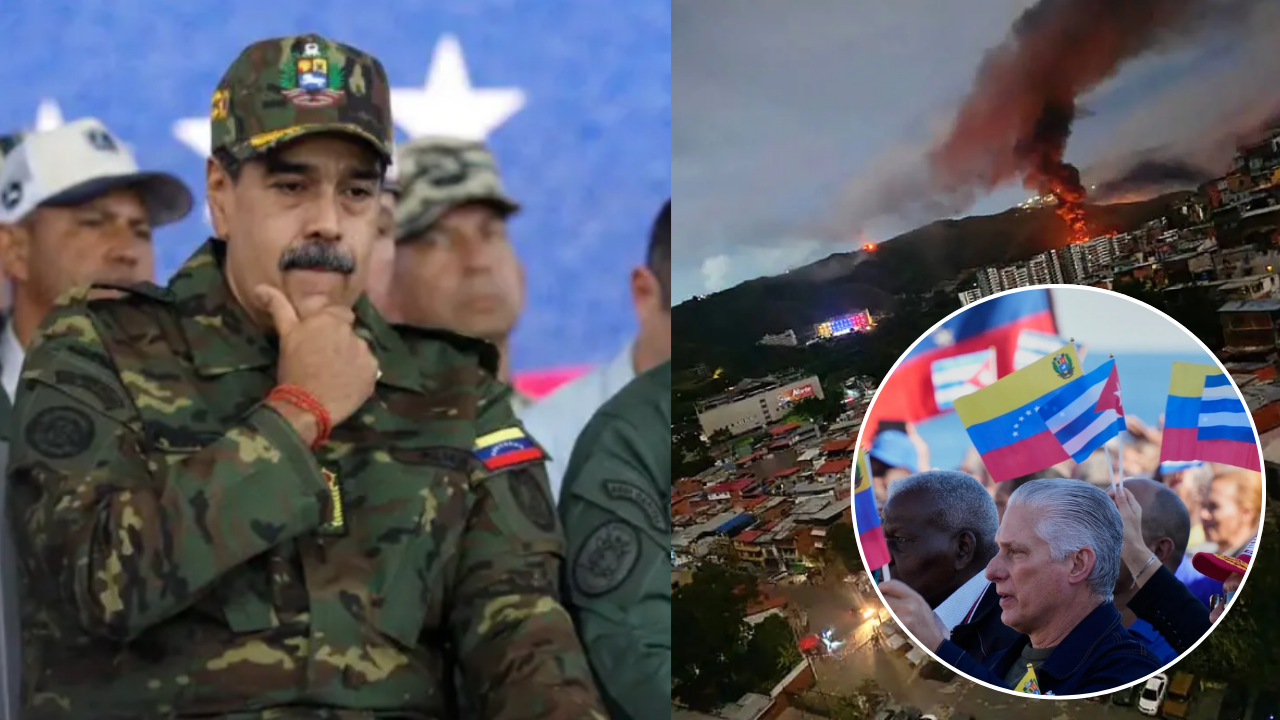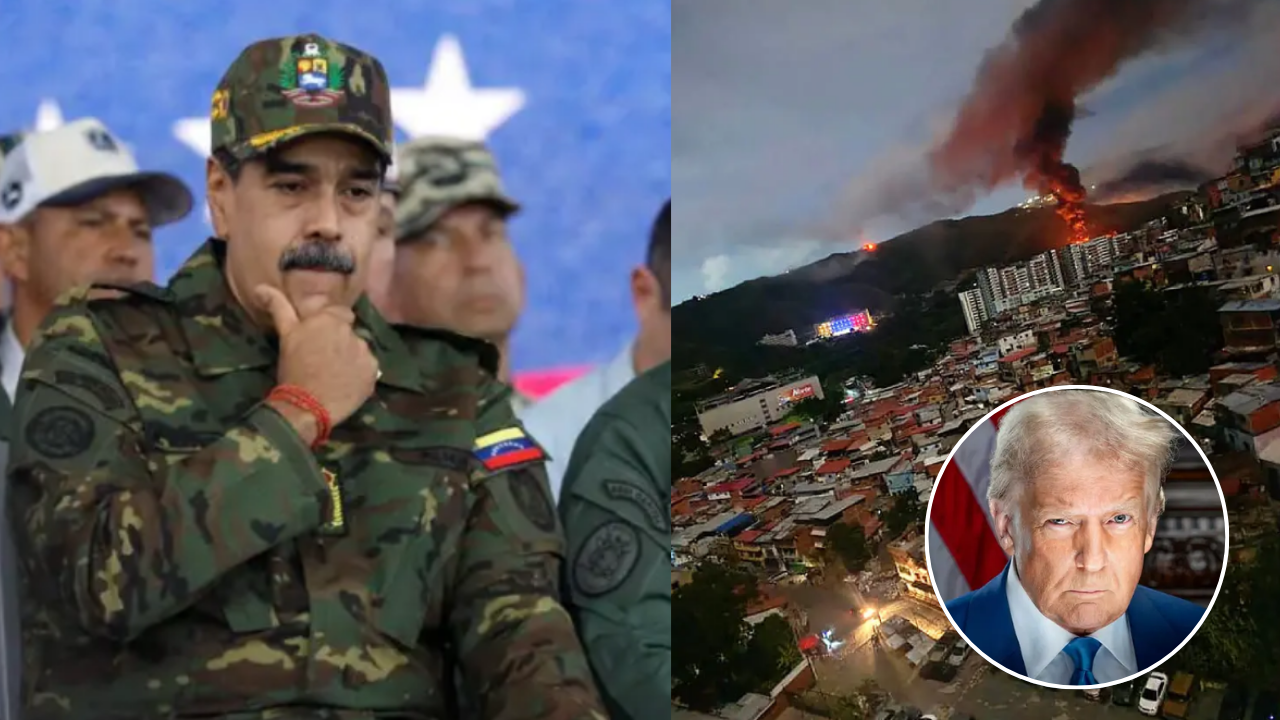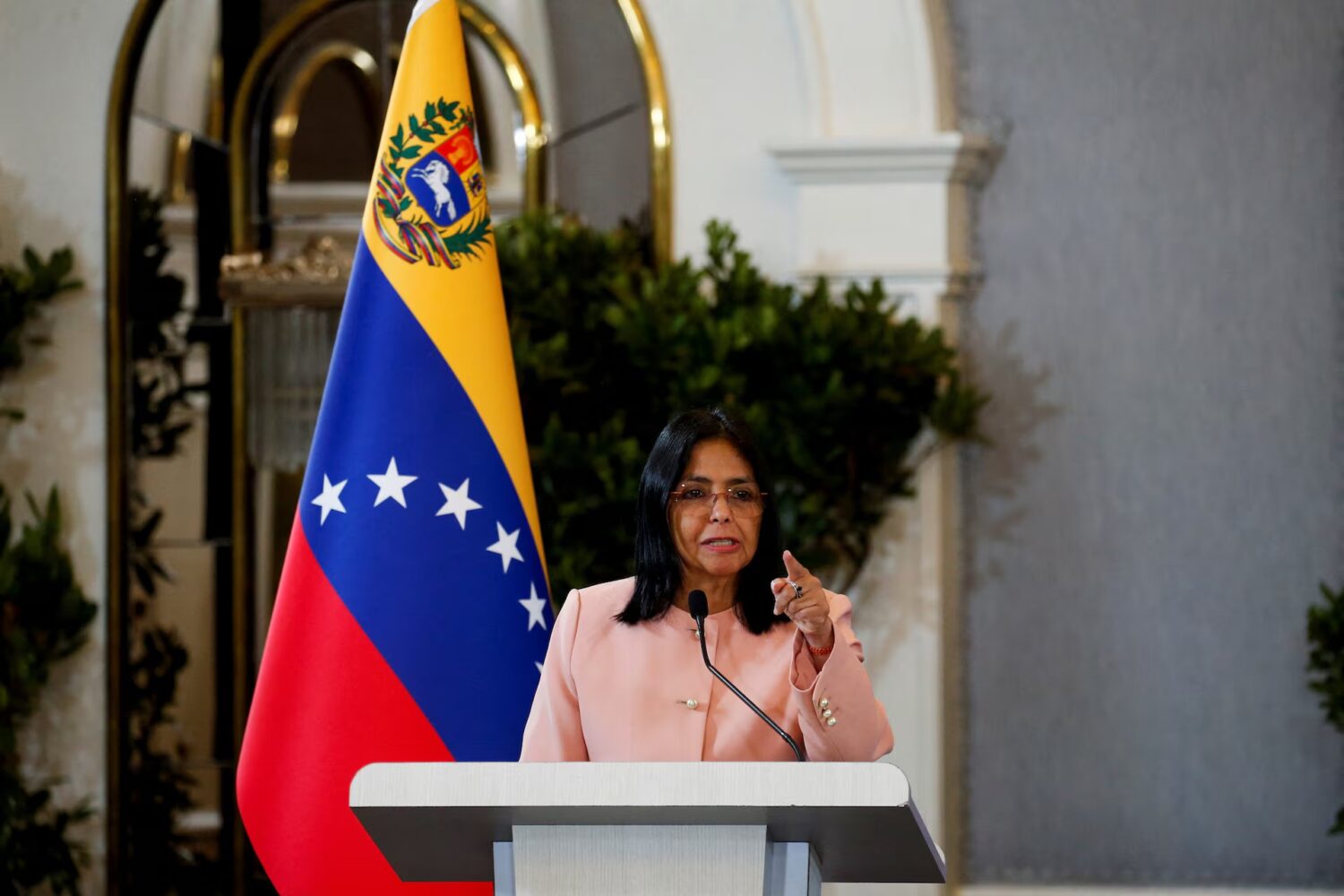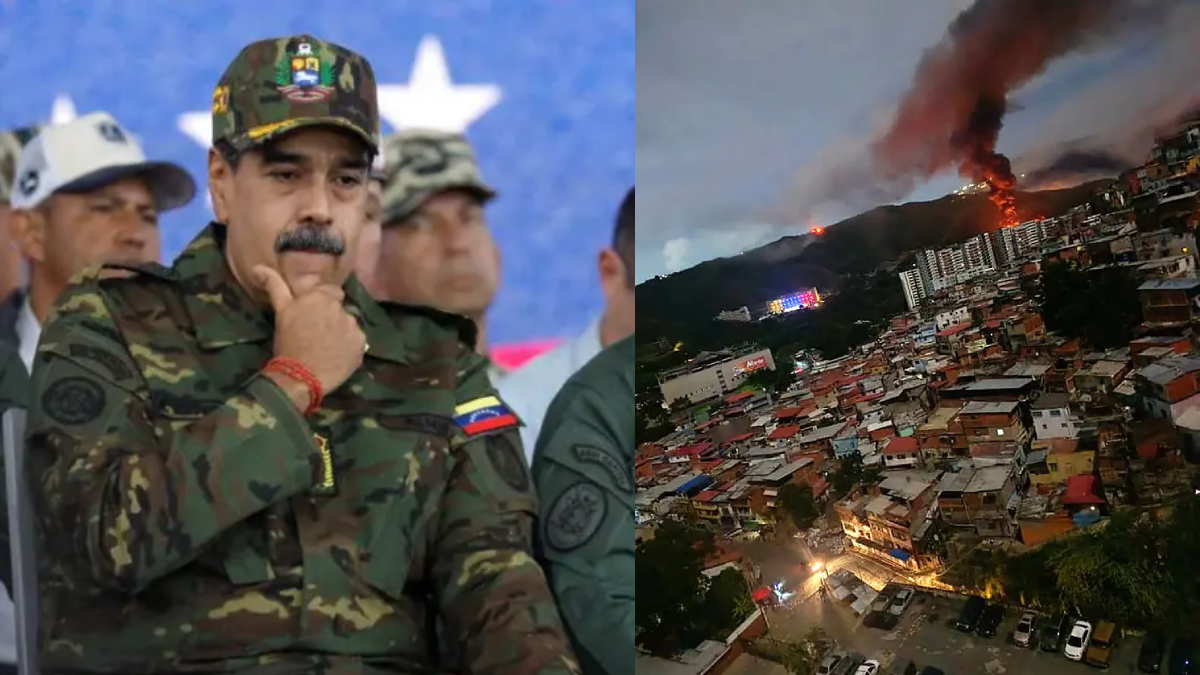Activist Bob Njagi, leader of the Free Kenya Movement, has finally broken his silence on his terrifying 32-day abduction, following his release by unknown captors.
At an emotional press conference in Kitengela, alongside fellow activists, Njagi recounted the harrowing ordeal, which he believes stemmed from his involvement in recent anti-government protests.
Njagi was abducted on August 19 while traveling in a matatu in Mlolongo. He described how four masked men approached him, accusing him of possessing a gun, before forcibly dragging him out of the vehicle and into a white car.
“They tortured me and drove me to an unknown location, where I was transferred to another car,” Njagi said. Eventually, he was confined to a small, dark room measuring about 6 by 4 feet, where he spent 32 days in isolation.
32 days of terror
The conditions of his captivity were grim. Njagi revealed that he was denied food for the first two days.
“The room was completely sealed with no light during the daytime or nighttime. The only human interaction I got was only when the door would be opened twice a day. In the morning, they would open and hand me a cup of tea while removing the waste bucket and replacing it with another one,” Njagi narrated his ordeal.
During lunch hour, he says, he would be served with a meal that would barely keep him alive. Although the food was unpalatable, Njagi told journalists that he would force himself to eat in order to get some strength and live to see another day, hoping and praying that God would rescue him.
“My health depreciated very fast, I was dehydrated and lost a lot of weight during the 32 days of abduction. Once a week, I would be led while blindfolded into a room where I showered for 10 minutes before being returned to my cell. I was held incommunicado throughout my abduction and denied all freedoms and rights enshrined in our constitution.”
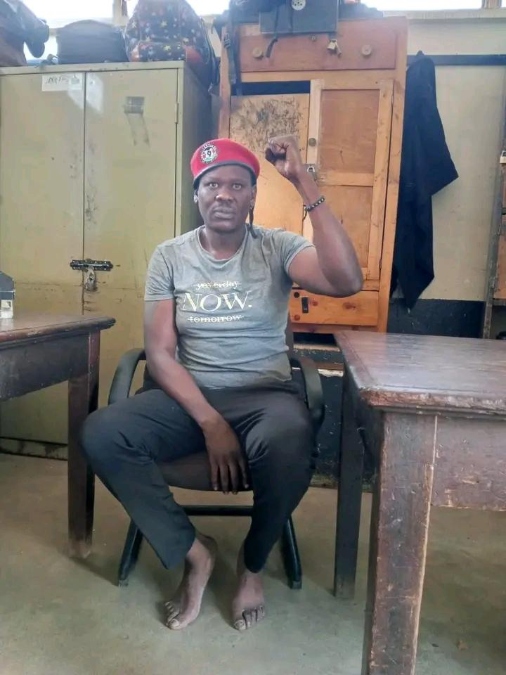
Bob Njagi release
On September 20, 2024, at about 12:30 AM, Njagi says that two men came to his cell and asked him to get up and get dressed. He was then taken outside the building and into an awaiting vehicle.
“They removed the handcuffs and replaced them with plastic tie knots, but I [remained] blindfolded. We drove around in a vehicle for about 30 minutes in complete silence. Finally the car stopped and one man informed me that they were going to release me.”
It was at this point that Njagi says he was given KSh400 for bus fare, removed from the car before being abandoned at an unknown location in the dark of night. “[They] asked me to sit on the ground and remain there until they left. I heard the doors shutting and the car speeding off. By the time I removed my blind fold they had already disappeared into the dark night.”
Tigoni Police Station
Without knowing where he was, Njagi braved the night and started walking. In about 15 minutes, he got to Tigoni Police Station. “It was there that I reported the matter and was booked into the OB. I requested the officers to contact my family, which they did… later, my family members arrived, picked me up, and took me home. I have since been recuperating and healing from this horrific experience.”
Despite the severity of the ordeal, Njagi chose to forgive his captors. However, he remains resolute in his pursuit of justice, announcing plans to sue the government for violating his rights and to bring attention to the rising cases of abductions in the country.
“The government must compensate the families who have lost their loved ones to these unlawful disappearances,” Njagi declared.
Njagi’s abduction is part of a broader wave of disappearances linked to anti-government protests in Kitengela. On the same day he was taken, two brothers, Jamil and Aslam Longton, were also reportedly abducted by masked men in a Subaru. Like Njagi, the Longton brothers had been vocal critics of government policies and were actively organising protests.
After weeks of uncertainty, the Longton brothers were found alive in Gachie, Kiambu County, following widespread public outcry. Dumped in a forested area, they managed to find shelter at a nearby home, where they charged their phones and contacted their family. They, too, spoke of the traumatic conditions they endured during their captivity.
Although both families have expressed relief at the safe return of their loved ones, concerns about the safety of activists in Kenya remain high. The National Police Service has denied any involvement in the disappearances, with newly-appointed Inspector General Douglas Kanja stating that the police did not know the whereabouts of Njagi and the Longton brothers during their abduction.
ALSO READ: DCI explains why ex-Governor Waititu is in trouble



